

Johns Hopkins Aramco Healthcare shares expert advice on how to stay healthy during winter, follow these recommendations to keep your health and wellbeing in check!
Healthy eating is key to a healthy life, ensure that you continue to boost your immunity during winter by: consuming a minimum of five servings of fruits and vegetables to enrich your body with the antioxidants, vitamins and minerals that nourish your immune system, keeping hydrated by drinking an adequate amount of fluid, primarily water. This helps your body function properly, including your immune system. And finally, consuming well-balanced, healthy meals that provide your body with nutrients that boost your immune system. These include protein, vitamins (vitamins A, B6, C and E), minerals (iron, zinc, selenium, and folic acid), antioxidants and fiber.
Regular exercise is a critical part of staying healthy. People who are active live longer and feel better. Exercise can help you maintain a healthy weight. It can delay or prevent diabetes, some cancers and heart problems. Most adults need at least 150 minutes of moderate physical activity per week. Examples include walking briskly, mowing the lawn, dancing, swimming for recreation or bicycling. Stretching and weight training can also strengthen your body and improve your fitness level. The key is to find the right exercise for you. If it is fun, you are more likely to stay motivated. You may want to walk with a friend, join a class or plan a group bike ride. If you've been inactive for a while, use a sensible approach and start out slowly.
During winter, the cold weather can dry your skin. Make sure you properly moisturize your skin and lips, wear sunscreen, and drink fluids.
Did you know that staying hydrated can help boost your immunity? Hydration is always important, but during winter perhaps the last thing on your mind is an ice-cold glass of water. Drink room temperature or hot water with some lemon, or herbal tea. You can also get your water from fruits such as watermelon, cantaloupe and grapes. Add soups and broths to your diet.
Sleep restores the body’s energy levels. Sleep also lets the body rest and is necessary for health and quality of life as a good night’s sleep can help repair damaged heart and blood vessels. If you do not get enough, you are at increased risk for heart disease, kidney disease, high blood pressure, diabetes and strokes. Adults should aim to get seven to eight hours of sleep per night. To help you get better sleep, take time to relax before going to bed. Drink a soothing herbal tea or hot milk, try aromatherapy, meditate or pray. Do something that helps you wind down. Try to keep regular sleep hours – go to bed and get up at roughly the same time each day and cut down on caffeine, especially in the evening, as it can make it difficult to go to sleep.
Vitamin D helps your body absorb calcium. Calcium is one of the main building blocks of bone. A lack of vitamin D can lead to bone diseases such as osteoporosis or rickets. Vitamin D also has a role in your nerve, muscle and immune systems. You can get vitamin D in three ways: through your skin, from your diet and from supplements. Your body forms vitamin D naturally after exposure to sunlight, and with nice weather upon us, try to spend some time outdoors. You can also get vitamin D from food sources such as: egg yolks, saltwater fish and liver. Some other foods, like milk and cereal, often have added vitamin D. You can also take vitamin D supplements. Check with your health care provider to see how much you should take. With nice weather upon us you can spend some time outdoors doing fun activities and exercise.
If you smoke, work on quitting! When a patient quits smoking the body tends to recover and repair some of the damages caused by smoking. For example, within 3 months of quitting, lung function improves by about 30%. In about one year, the risk of heart problems is half of what it would have been if the patient had continued to smoke. Bing watching TV while becoming a couch potato? Get moving by being more physically active in your home and outside of it. Take a break from your sedentary time to walk around do some stretches or household chores.

JHAH joins the World Alliance for Breastfeeding Action and the MOH in supporting World Breastfeeding Week

A good night’s sleep can help repair damaged heart and blood vessels. We have simple tips to help you sleep better

The good, and bad news about breast cancer – and how to fight it
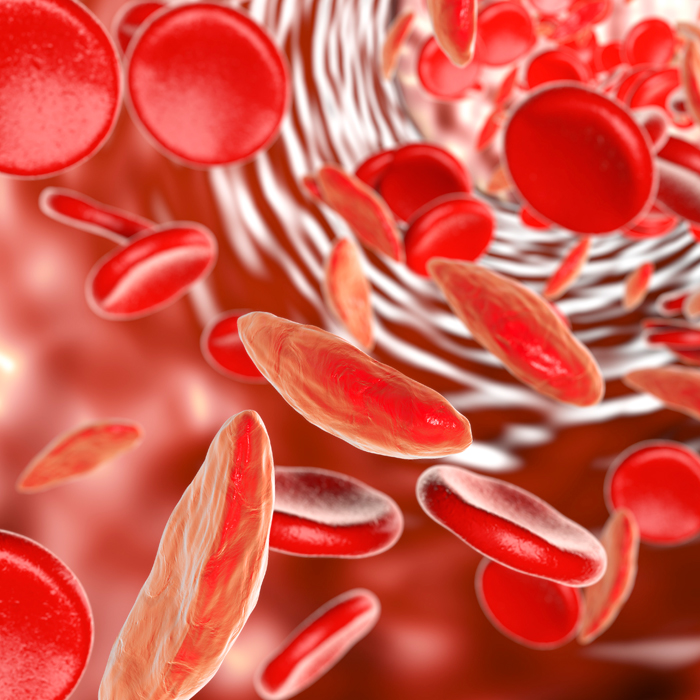
Find out how changes to how we manage the pain of sickle cell disease have led to a massive drop in emergency care and hospitalization

A few ideas for a good nutrition program that can help strengthen your immune system

There are many health and nutrition tips that can boost your immune system

The Kingdom is the second in the Middle East and the seventh globally in the rate of Type 2 diabetes, find out how you can take control of your diabetes and lead a healthy life
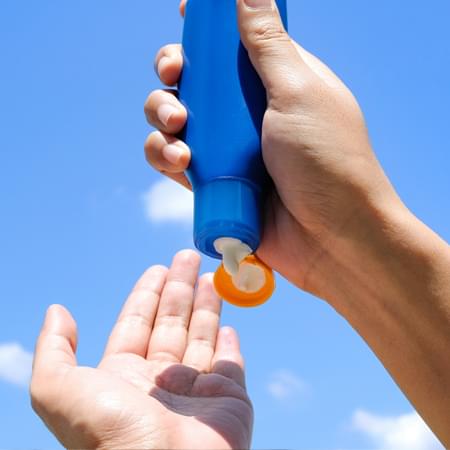
Health issues related to sun exposure and how you can protect yourself

Include fruits in your daily menu, in whichever way you like, and stay healthy

Heart attacks often occur when people are alone. Knowing what to do when heart attack symptoms come on can save your life

Encouraging people who suffer from obesity to take part in safe solutions to weight loss, lifestyle change, and weight maintenance
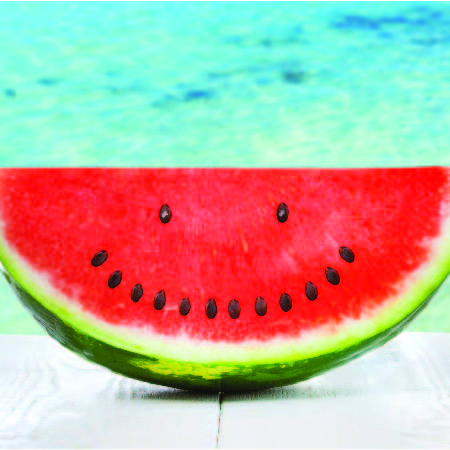
We tend to forget that the sun’s shine and brightness can be quite harmful during the summer. Tips to stay healthy and cool during summer
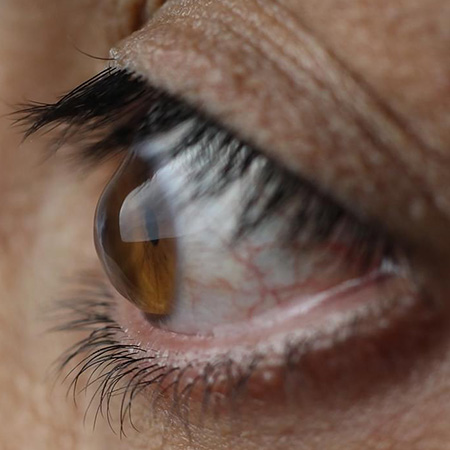
Keratoconus is an eye disease that affects the Cornea, the clear transparent part of the eye. This disease causes progressive thinning and protrusion of the cornea giving it a conical shape.

No matter what type of medicine your doctor prescribes, it's always important to be safe and follow medication safety measures
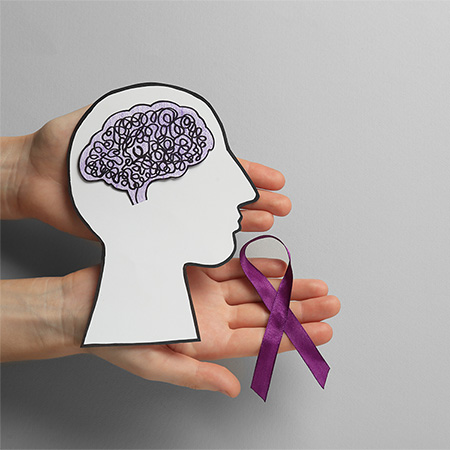
Learn about Alzheimer’s disease, it's symptoms, causes and risk factors, and what to do if you have Alzheimer's disease

Proper nutrition and exercise play important roles in reducing the risk of breast cancer

Learn how to properly use antibiotics to avoid resistance and protect your health

Collecting your medication from the pharmacist is not just a medication transaction but an opportunity to enhance your understanding of the medication and better care for your health.

JHAH Tawazon Program works with pre-diabetic patients to help them modify their lifestyle to prevent or delay type 2 diabetes

Here are a few essential points to discuss with your pharmacist to better understand your medication to ensure your wellbeing.

Four simple and practical guidelines that will help you to keep safe from food-borne diseases in your kitchen

Read our expert advice on blood donation guidelines and how you can play a role in saving lives
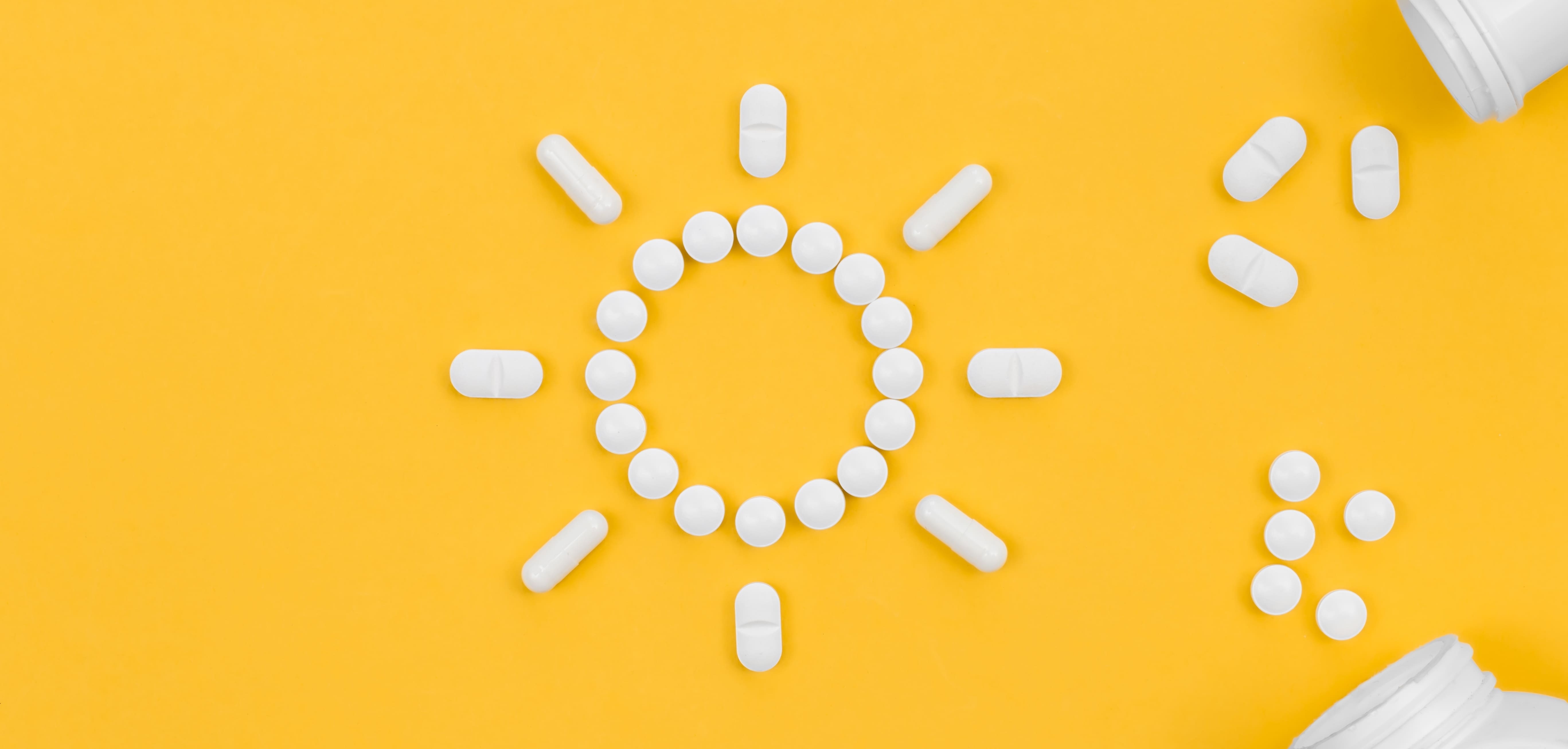
Protect your medications against the heat of summer with a few simple tips

Start your day with nutritious foods to boost your energy and metabolism levels

JHAH Clinical Nutrition and Food Services Unit is here to help you make your sweets healthier, lighter and heart friendly
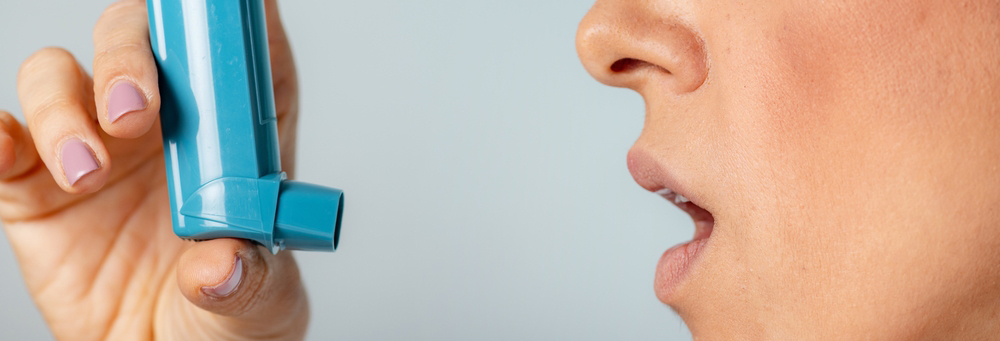
Important techniques to ensure effective delivery of medications to the lungs
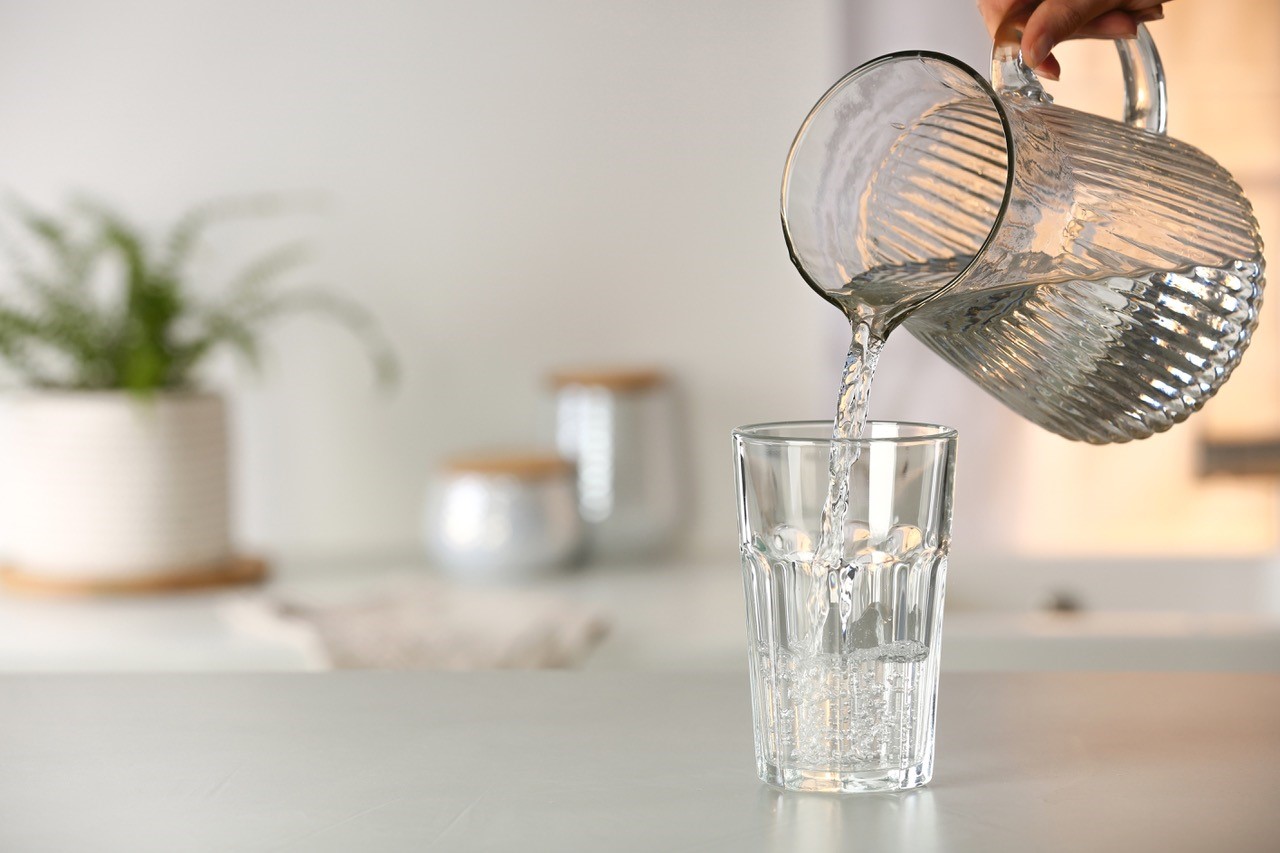
Signs of dehydration indoors, symptoms to watch, and tips to stay hydrated even without thirst.

Three ENT surgeries significantly improve the breathing of a 21-year-old patient.
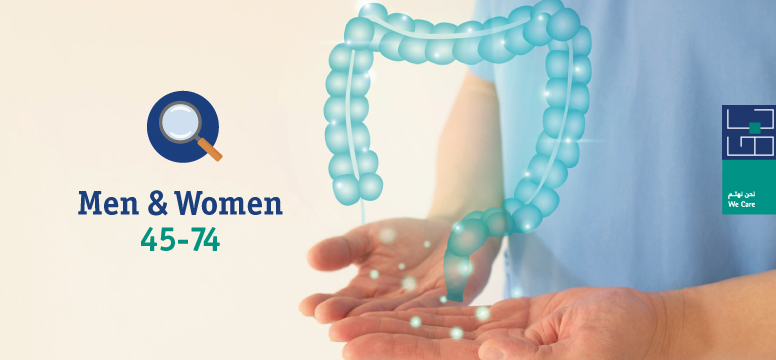
Colon cancer screening can detect the disease in its early and treatable stages
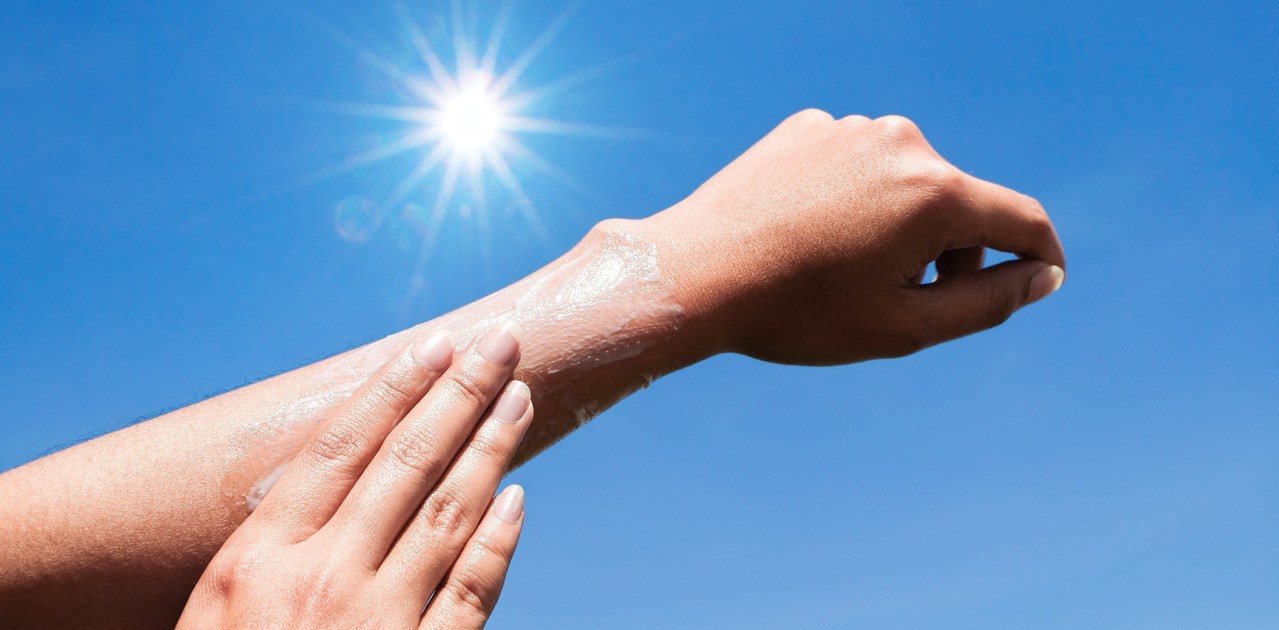
Scientifically backed tips to keep your skin in top condition.
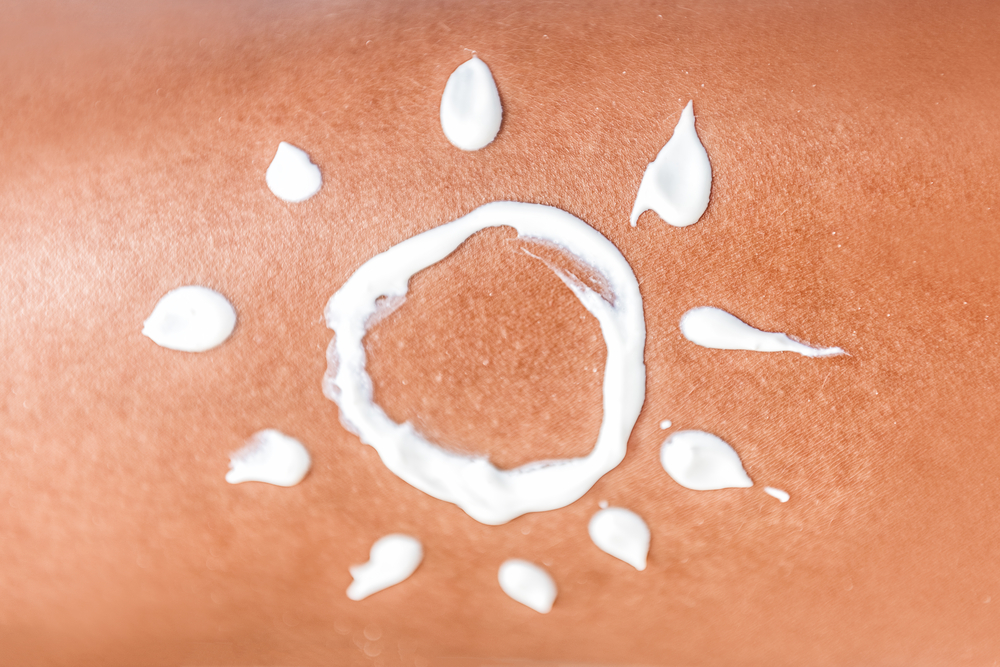
Enjoy being outdoors while keeping your skin healthy, protected and radiant

Discover key tips to prevent infections this flu season and effective home remedies to manage cold symptoms.
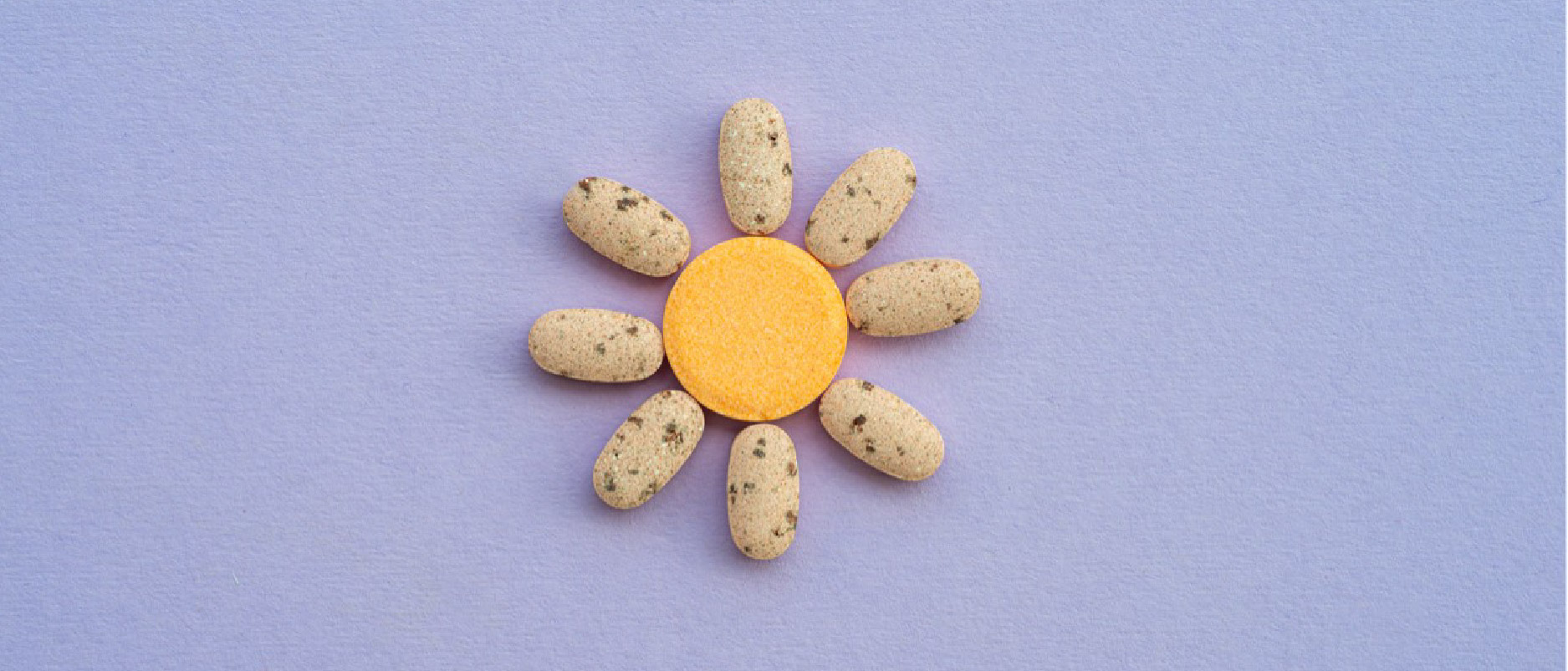
Explore the vital role of vitamin D in health and learn how to maintain adequate levels through diet and sunlight.
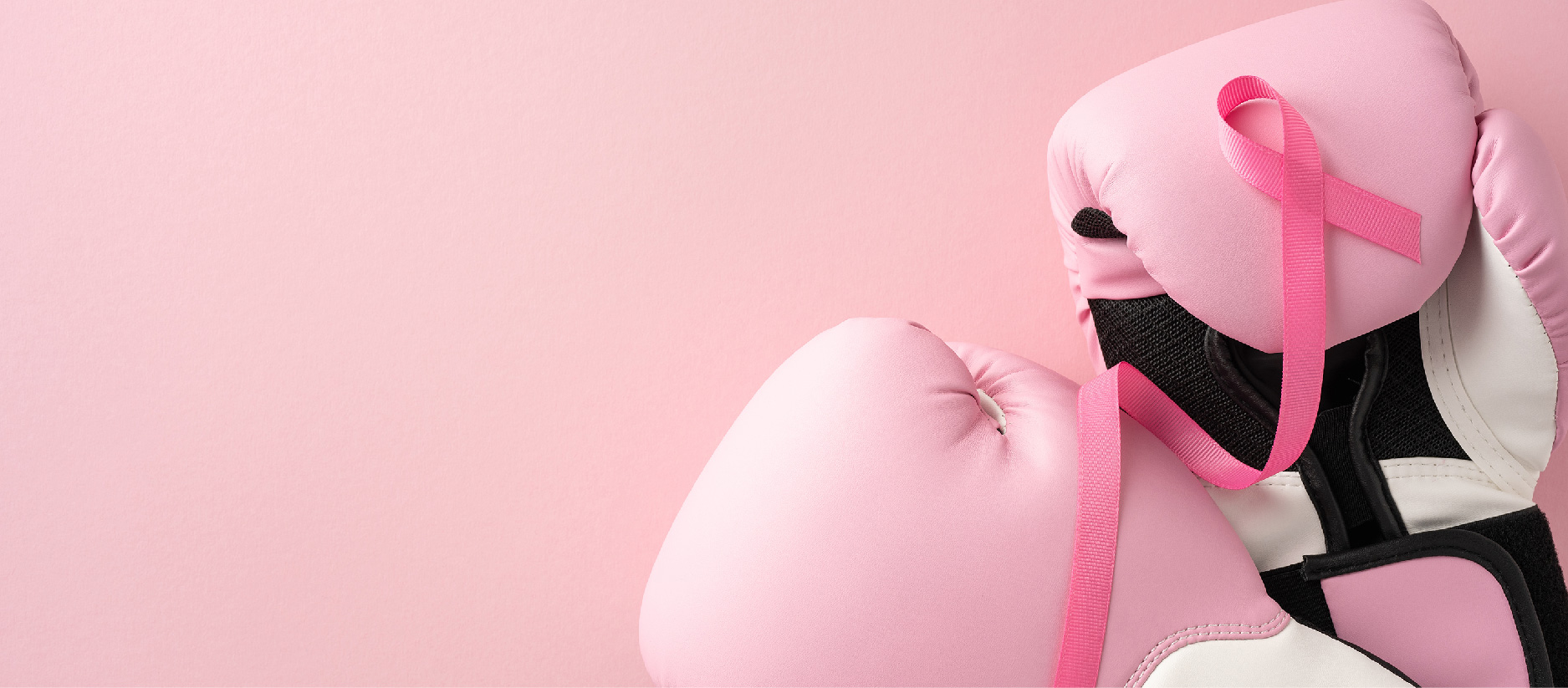
Explore essential insights on breast cancer, its risks, symptoms, and treatment options.

Join us for International Chronic Obstructive Pulmonary Disease Day as we raise awareness and clear misconceptions.

Explore the risks of falling and learn key effective prevention strategies.

Iron deficiency anemia, its causes, symptoms and effective dietary strategies.

Discover the importance of selecting the right pillow for alleviating neck and shoulder pain and enhancing sleep quality.

Discover essential practices for reducing infection risks. Stay informed and protect your health and the health of others

Relieve eye strain and improve focus with the 20-20-20 rule and other tips

Help children stay safe online by teaching privacy, secure settings, and cyberbullying awareness

Raise awareness for heart disease prevention through healthy habits, diet, and stress management

Explore how children's exercise programs focus on neurological adaptation and muscle learning rather than muscle size alone
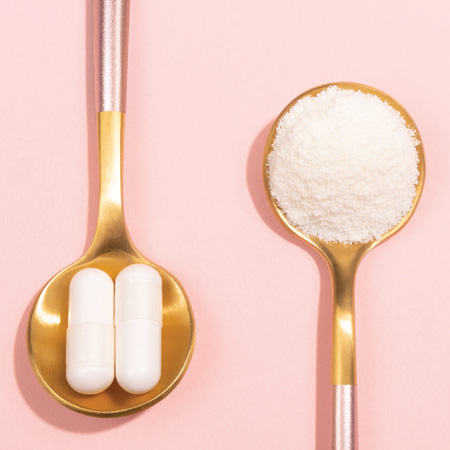
Learn about collagen, its role in your body, and how diet and lifestyle impact its production

Tips for coping with seasonal challenges to boost your mood and wellbeing
 Patient Relations
Patient Relations